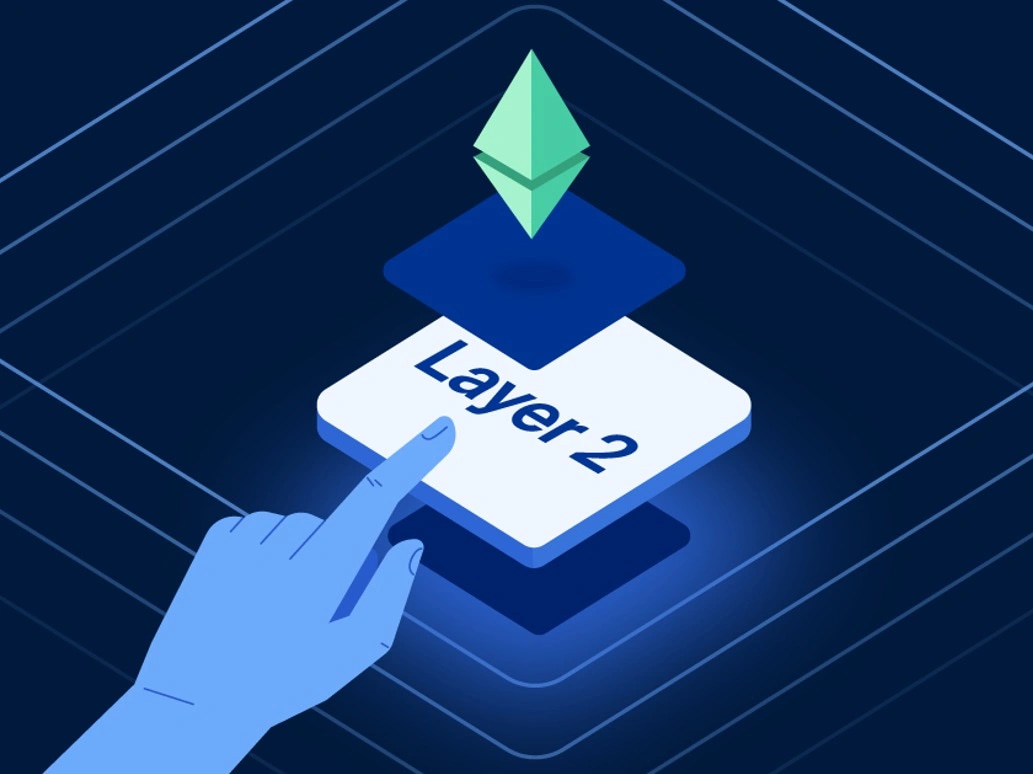Key Takeaways
- NFT Ownership Creates Opportunities: Holding in-game NFTs can generate passive income through staking, renting, or royalties.
- Play-to-Earn Models Expand Earnings: Many blockchain games reward players with crypto or tokens even without active gameplay.
- Diversified Strategies Reduce Risk: Combining staking, renting, and P2E participation maximizes long-term revenue potential.
Introduction
NFT gaming is transforming the way players interact with digital worlds, blending entertainment with financial opportunities. Unlike traditional games, NFT-based games allow players to own in-game assets as digital tokens, opening new pathways for passive income. From staking and renting to earning royalties, players no longer need to be active every day to benefit financially from their gaming investments.
1. Staking NFTs for Rewards
One of the simplest ways to earn passive income in NFT gaming is through staking. Staking involves locking your NFTs or in-game tokens in a protocol or game ecosystem to receive rewards over time.
For example, some games allow players to stake characters, land, or items, providing regular token rewards in return. The benefits of staking include:
- Earning in-game cryptocurrency without active gameplay.
- Contributing to game ecosystems and network security.
- Potentially increasing NFT value as demand grows.
Staking is ideal for long-term holders who want consistent returns while maintaining ownership of their assets.
2. Renting NFTs to Other Players
Another growing strategy is NFT rental marketplaces. Players can rent their rare items, characters, or virtual land to others for a fee, generating passive income without selling the asset.
This model works well for high-demand assets that provide gameplay advantages, such as:
- Powerful characters in P2E games.
- Rare weapons or skins.
- Virtual real estate in metaverse games.
Renting ensures that NFTs remain in your portfolio while still producing revenue, turning dormant assets into active income streams.
3. Participating in Play-to-Earn Ecosystems
Even if you aren’t actively gaming, some P2E ecosystems reward NFT holders simply for participation or holding specific assets. Certain games distribute:
- Dividends or token rewards based on in-game economy activity.
- Royalties when your NFT is used in gameplay by other users.
- Event-based bonuses for holding specific assets.
This approach combines entertainment and passive earning, making NFT gaming an attractive long-term investment.
4. Diversifying Strategies to Maximize Income
Relying on a single method can be risky, given NFT market volatility. Savvy players often combine:
- Staking high-value NFTs.
- Renting out rare items.
- Participating in P2E reward programs.
By diversifying, you reduce risk while increasing potential revenue streams. Monitoring market trends, game updates, and token values ensures that your passive income remains sustainable.
Conclusion
NFT gaming offers a revolutionary way to earn passive income, turning virtual assets into real-world value. Whether through staking, renting, or leveraging P2E rewards, players can generate ongoing revenue without constant gameplay. As blockchain technology and NFT ecosystems grow, these strategies will become essential tools for gamers and investors looking to monetize their digital assets efficiently.
Disclaimer: The information in this article is for general purposes only and does not constitute financial advice. The author’s views are personal and may not reflect the views of GameDegen.com. Before making any investment decisions, you should always conduct your own research. GameDegen.com is not responsible for any financial losses.



